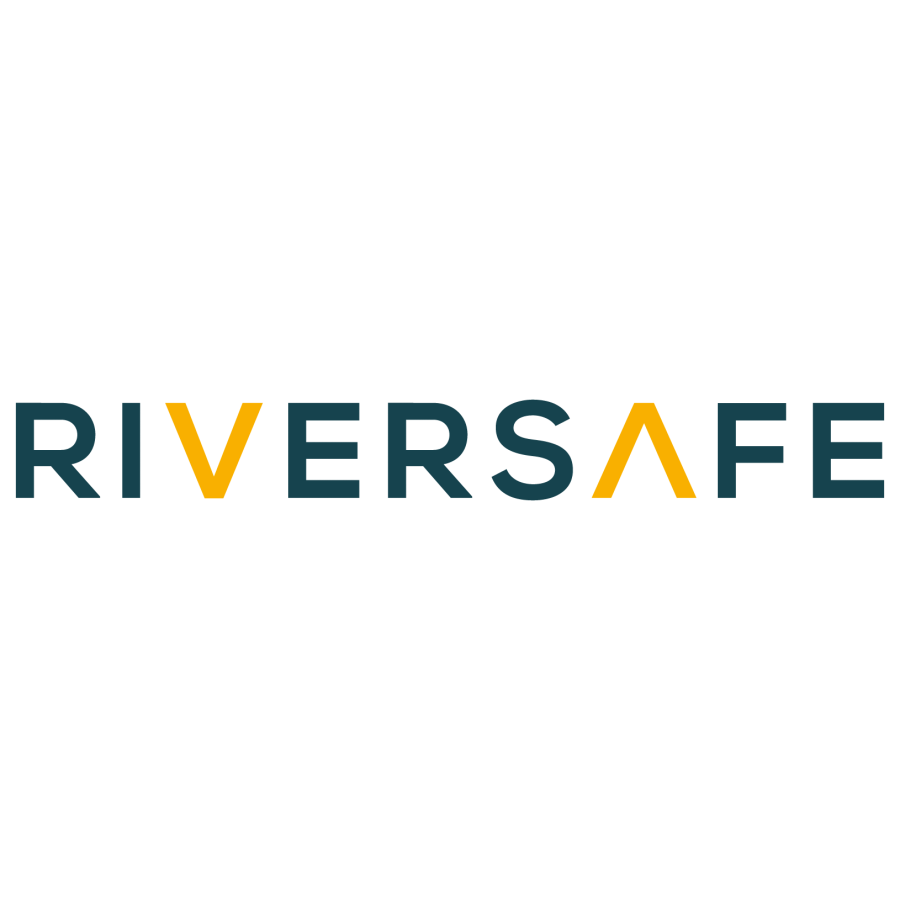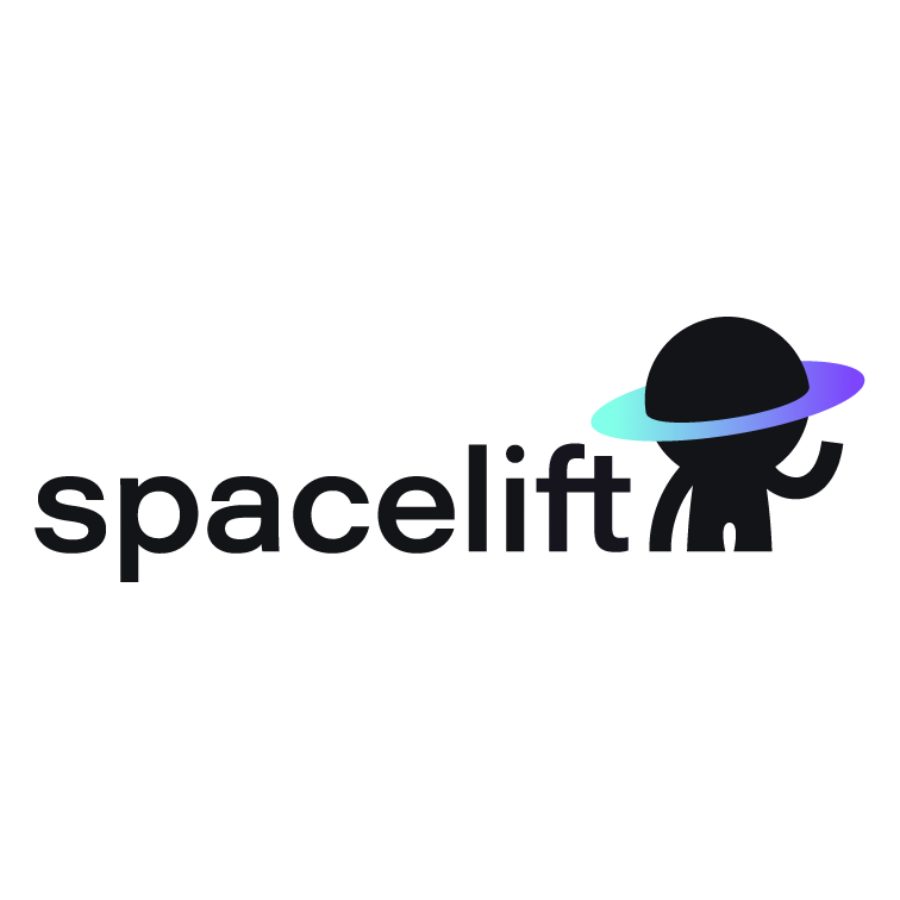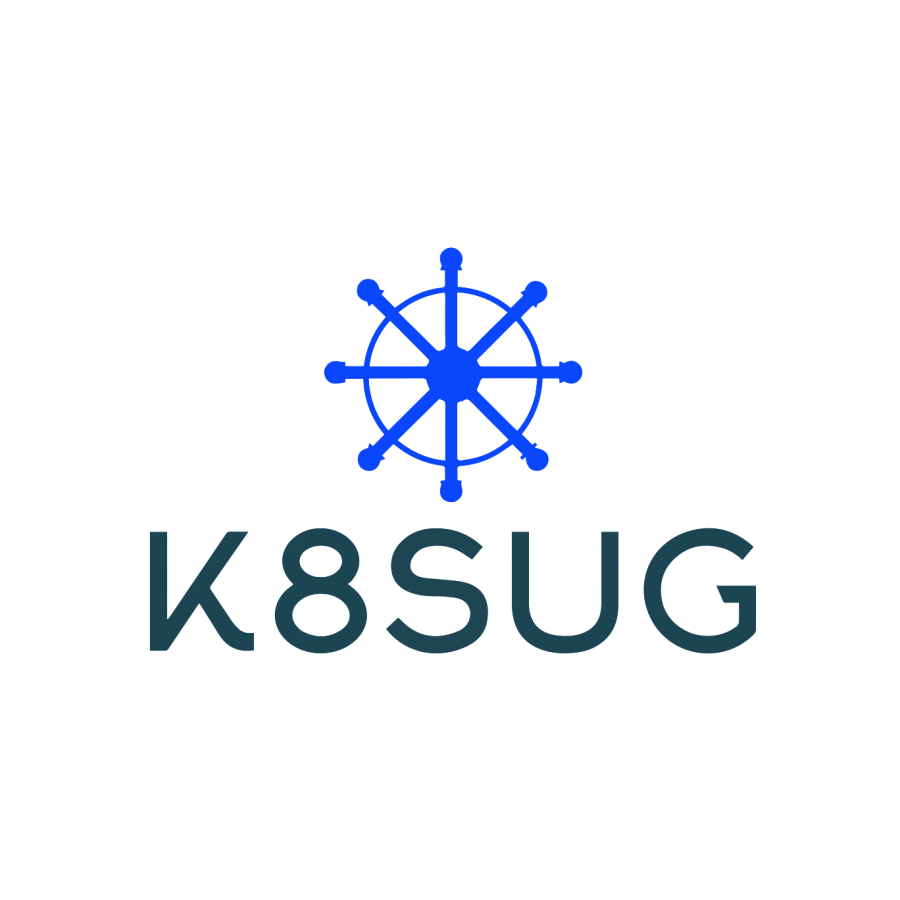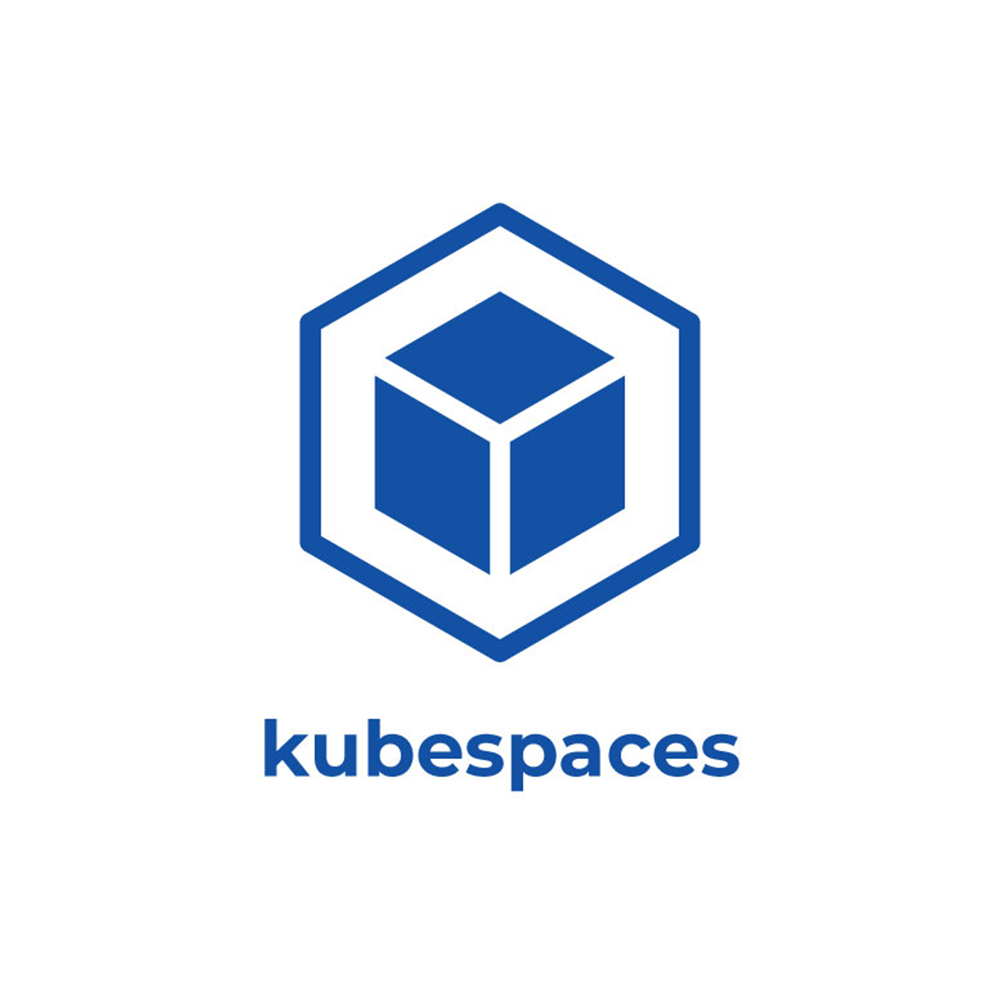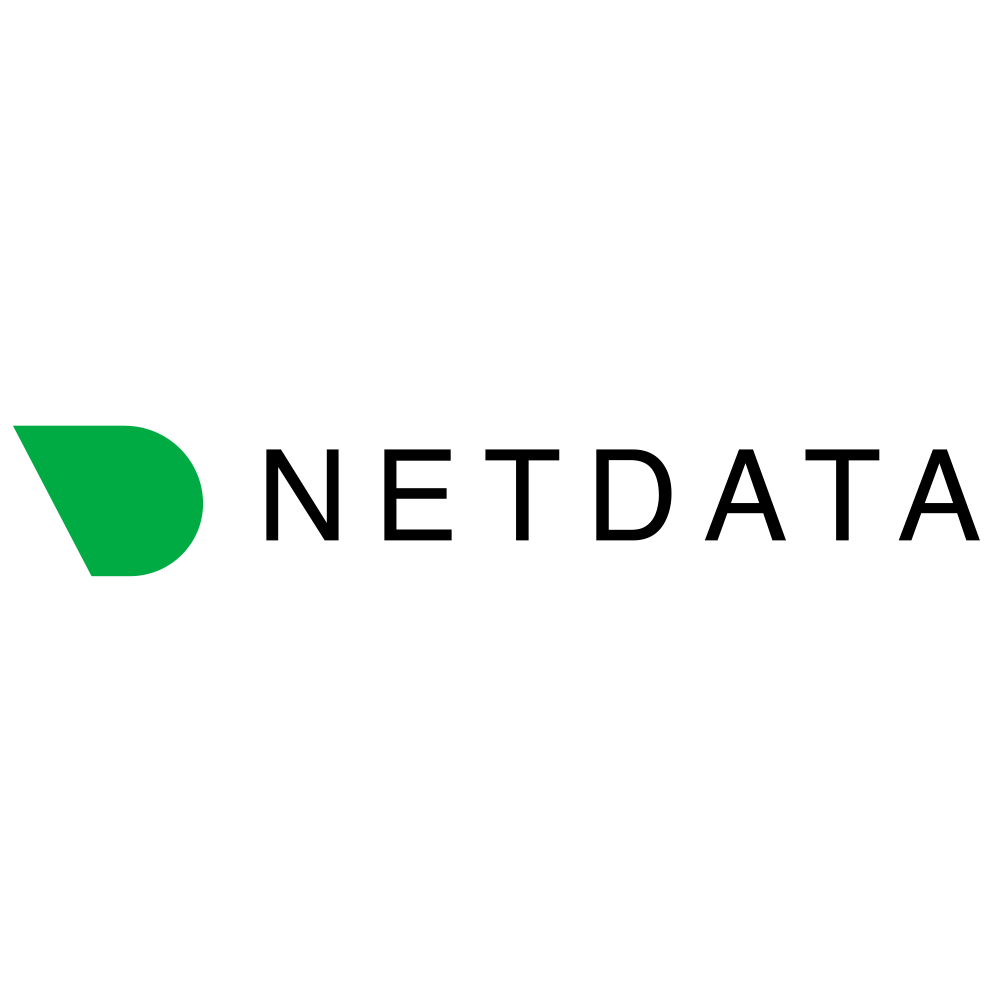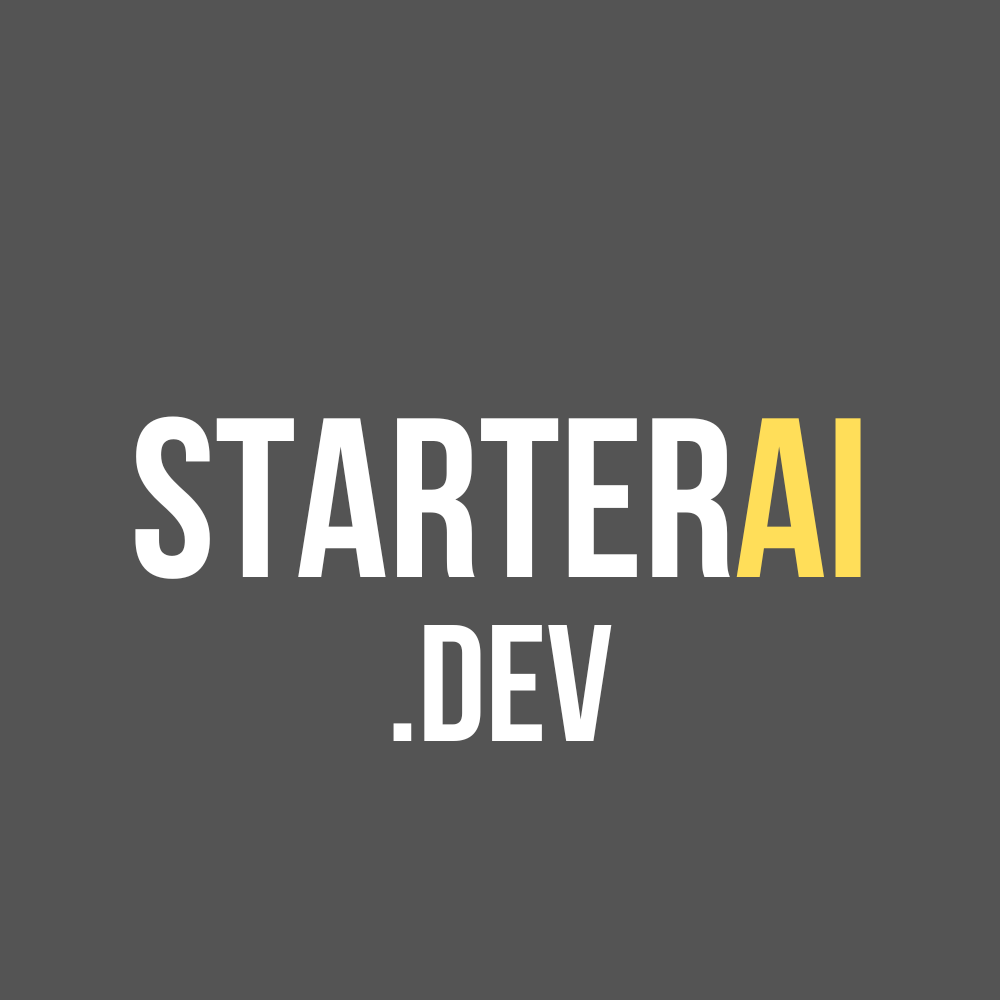Klustered: Kubernetes Debugging Live
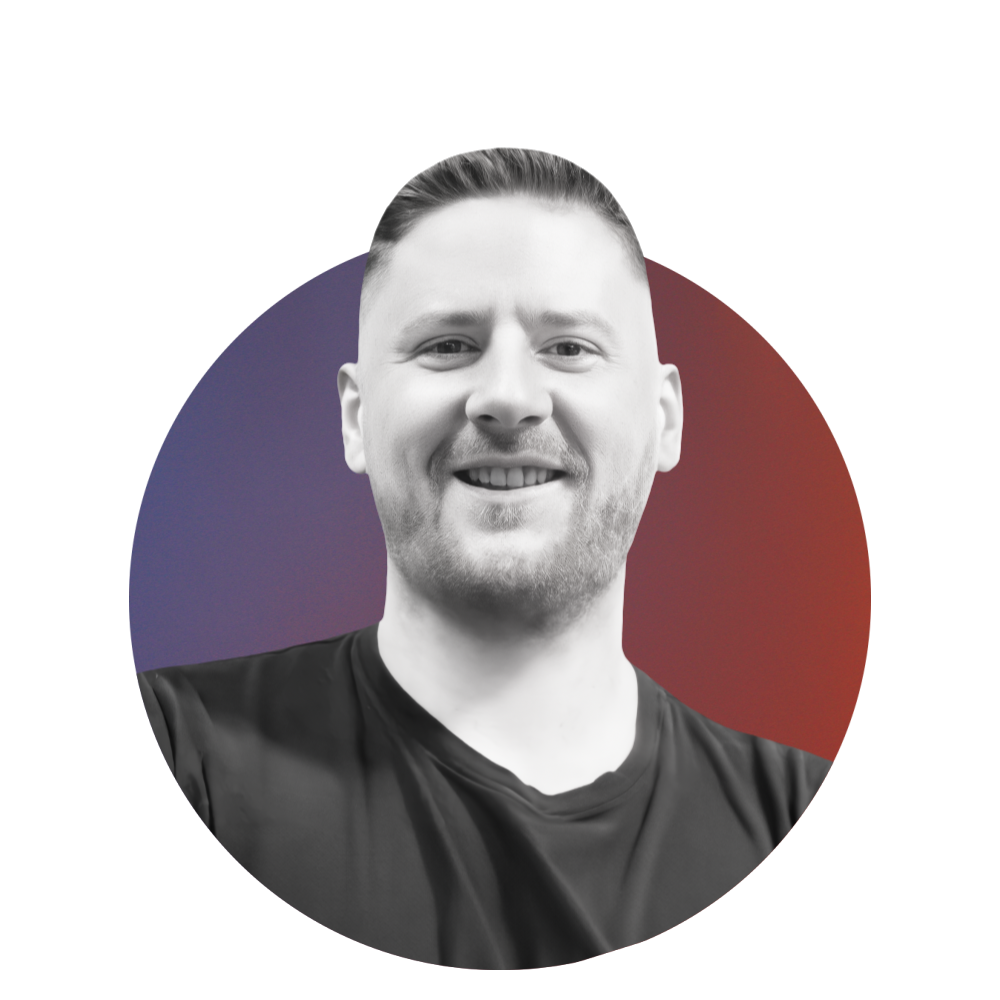
David Flanagan
You don't learn until your back is up against the wall and the clock is ticking down. Join us as we explore 3 broken Kubernetes clusters in an attempt to fix each one within less than 30 minutes.
What do you do when your Kubernetes cluster stops working? As more teams and organizations adopt Kubernetes, more developers and operators are taking on the responsibility of keeping their clusters happy and healthy. While there's lots of information online for getting started and extending Kubernetes, there's not a lot that focuses on debugging and handling outages; enter Klustered. In this session, I will guide the participants through some clusters broken by members of the Kubernetes community; showing the methods and techniques to establish which component has a problem, how to determine the root cause, and apply a fix to get the cluster operational.
Founder of the Rawkode Academy, open source contributor, and beloved husband and father to my wife, two amazing kids, and a plethora of animals. David has been developing software professionally for nearly 20 years, starting with embedded systems written in C back in 2004, and has spent that entire time learning the paradigms of different programming languages, including C++, PHP, Java, and Haskell - though more recently preferring to work with Go, Rust, and Pony. As a professional technology magpie, David was an early adopter of cloud, containers, and cloud-native technologies. During his time as the Director of Development for a rock and metal media organization called TeamRock (now LouderSound), David was responsible for the software, infrastructure, and website during its biggest test: the unfortunate death of Lemmy Kilmister. Fortunately, due to his desire to experiment and play with new technologies, David and his team had already migrated their slow to provision virtual-machine centric infrastructure to containerised workloads running on Amazon Web Services the year prior, 2014, not long after the public launch of Docker. As much as David enjoys writing software, scaling infrastructure, and leading teams, he quickly realised that his passion was helping others learn and be successful. David started presenting at local user groups in 2016, slowly working up to conferences, before eventually moving into a full-time Developer Advocacy position at InfluxData - where he presented and taught workshops at 42 events in 2019. Outside of technology, David enjoys reading science fiction, drinking craft beer and whisky, and very-very-very slowly learning to play the piano.



